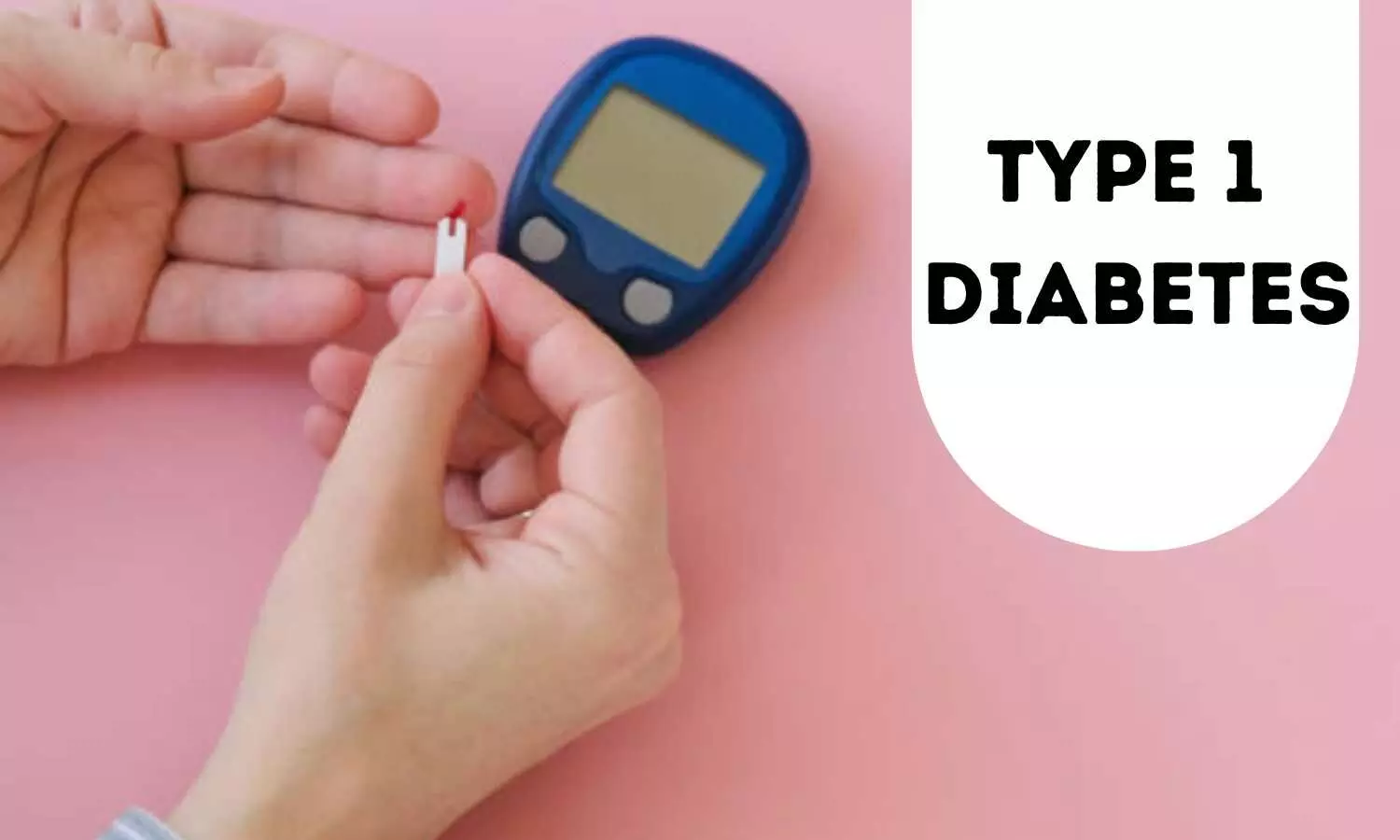Low-Dose Glucagon Reduces Exercise-Induced Hypoglycemia in Type 1 Diabetes, finds study

Exercise can dramatically lower blood glucose levels and trigger hypoglycemia in people with type 1 diabetes (T1D), even when insulin doses are adjusted. A new systematic review and meta-analysis, published in Diabetes Care, found that low-dose glucagon effectively reduces the risk of exercise-induced hypoglycemia and time spent below target glucose range (TBR) in this population.
The authors pooled data from 12 randomized and crossover trials involving 248 adolescents and adults with T1D. Low-dose glucagon reduced the risk of hypoglycemic events by about 46%, with a pooled risk ratio of 0.54 (95% CI 0.35–0.84). It also lowered TBR by an average of approximately 3.9 percentage points (95% CI –6.27 to –1.54), indicating a meaningful reduction in time spent with glucose below 3.9 mmol/L. Despite these promising effects, low-dose glucagon was associated with a higher rate of mild adverse events-a pooled risk ratio of 2.75 (95% CI 1.07–7.08)-though most were mild gastrointestinal symptoms or injection-site discomfort.
The authors emphasize that optimizing the dose and timing of glucagon relative to different exercise types and durations requires further investigation to ensure real-world effectiveness and safety.
They also note varying methodologies across included studies, suggesting cautious interpretation and the need for standardized protocols in future work. Clinically, this analysis supports using low-dose glucagon as an adjunctive strategy for preventing exercise-induced hypoglycemia in T1D, especially for active individuals facing daily glucose fluctuations. It can offer an alternative to carbohydrate loading-which may interrupt activity or risk hyperglycemia-while maintaining glycemic stability.
However, patients and clinicians should balance benefits against mild side effects and await more data on dosing strategies.



